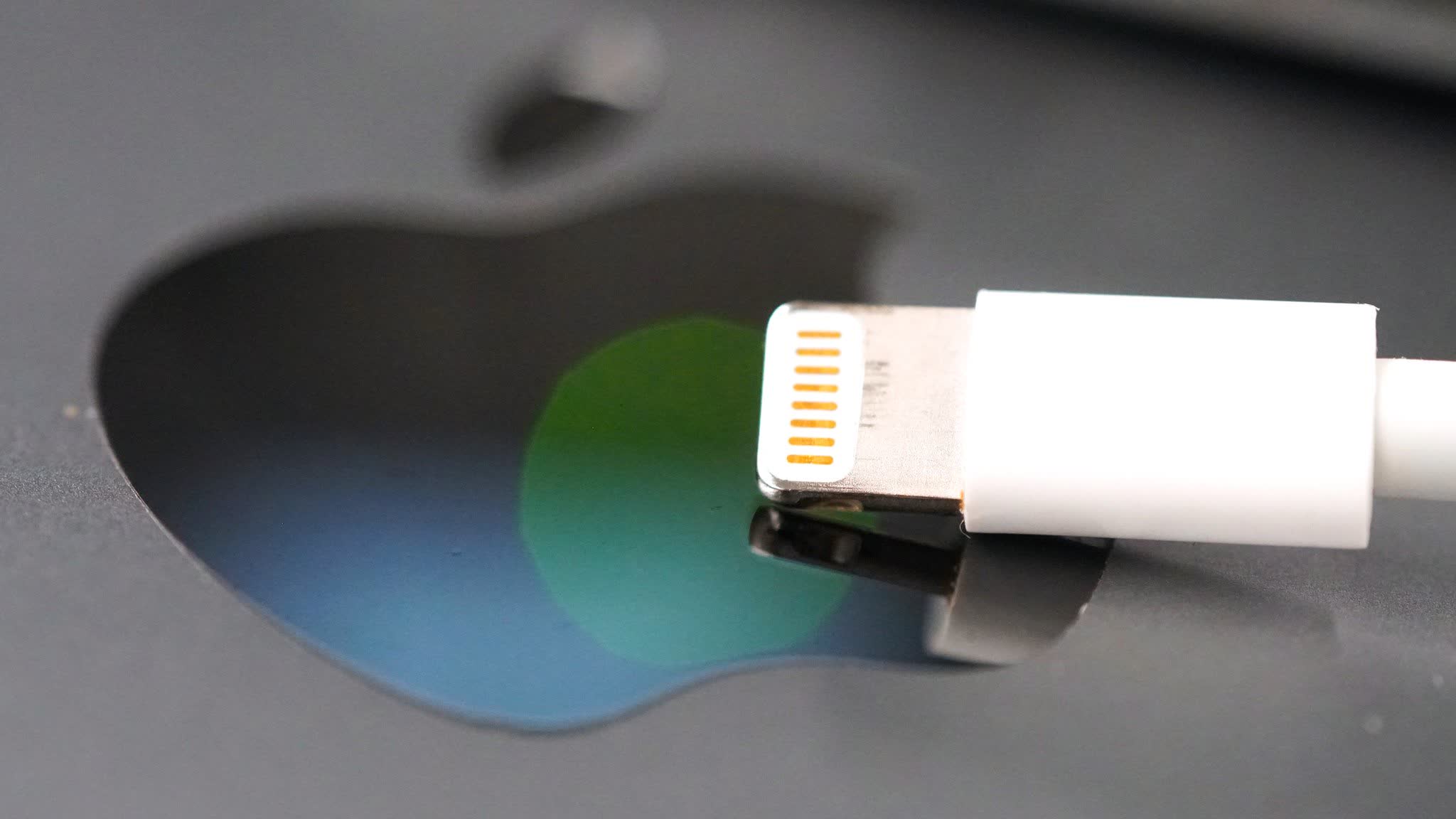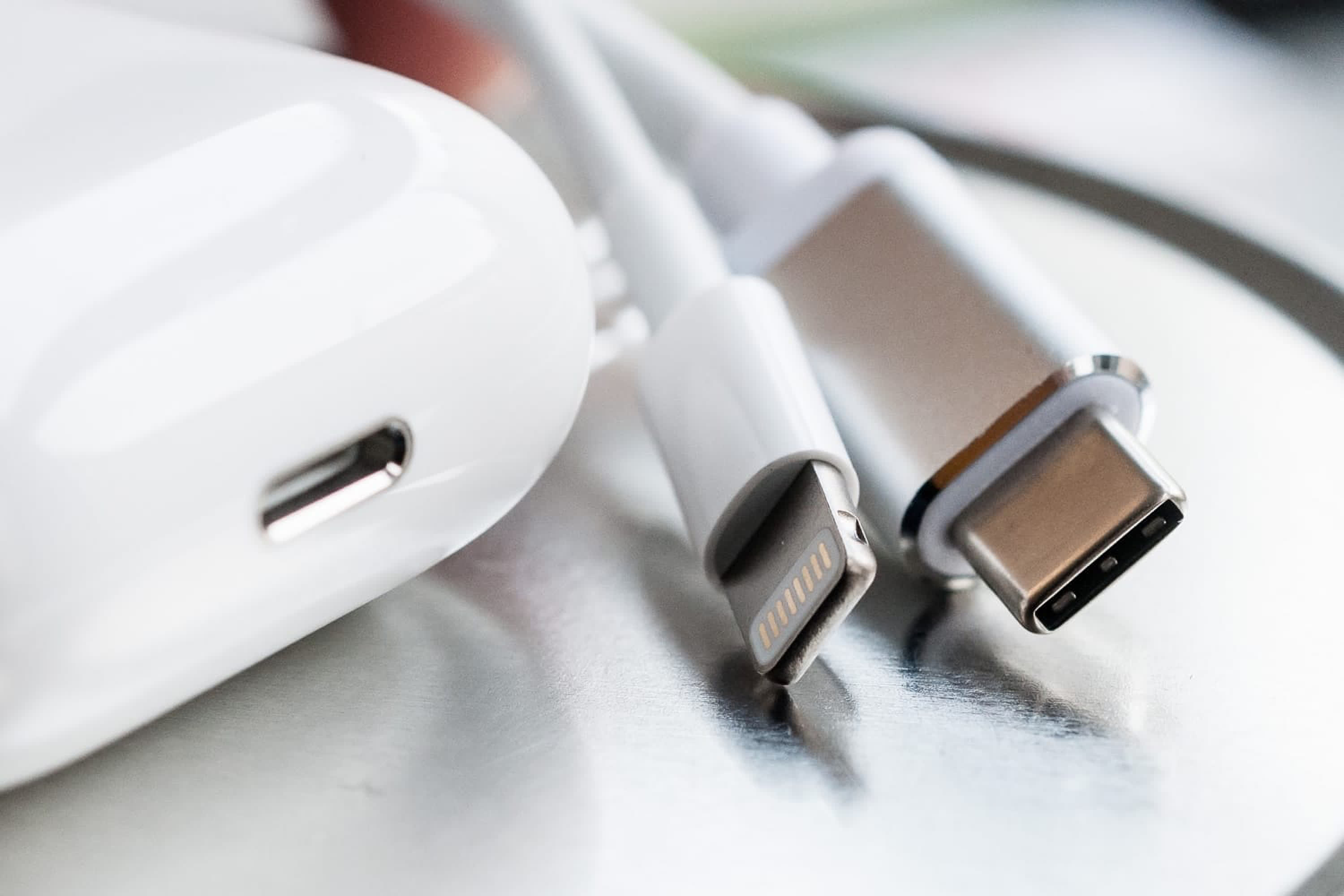In context: Since 2009, the European Commission has been pushing for a common charging solution for mobile devices. Over the past decade, this has reduced the amount of charging standards from over 30 to just three. After imposing new rules on common chargers in 2020, the Commission is now forging ahead with a proposal to mandate USB Type-C as the standard charging connector on all mobile devices.
Last year, the European Commission introduced new regulation that made it mandatory for device manufacturers to adopt a common standard for wired and wireless chargers sold in the region. The move was a big win for consumers and is expected to reduce environmental waste over time, but regulators aren't stopping there.
Today, the Commission revealed a new proposal for a revised Radio Equipment Directive that would deal with the other end of the cable – the charging and data transfer port on billions of mobile devices like phones, tablets, cameras, handheld consoles, portable speakers, and more. As you'd expect, regulators want all manufacturers to adopt USB Type-C, which has already happened organically to some degree.

The most obvious holdout in this matter is Apple, who continues to sell iPhones equipped with a Lightning port as opposed to USB Type-C. The company did put a USB Type-C port on its iPad and Mac products, but accessories like AirPods and AirPods Pro still use a Lightning connector. Even so, the company was content to omit the charger from the box with new iPhones, and manufacturers like Samsung and Xiaomi are already copying this behavior.
If the revised legislation is adopted, companies will have 24 months to comply. EU Commissioner Thierry Breton explained in a statement the proposal doesn't cover wireless chargers, as there is "plenty of room for innovation in wireless." Regulators hope to eventually achieve full interoperability on both sides of the cable, which would be a boon for consumers.
